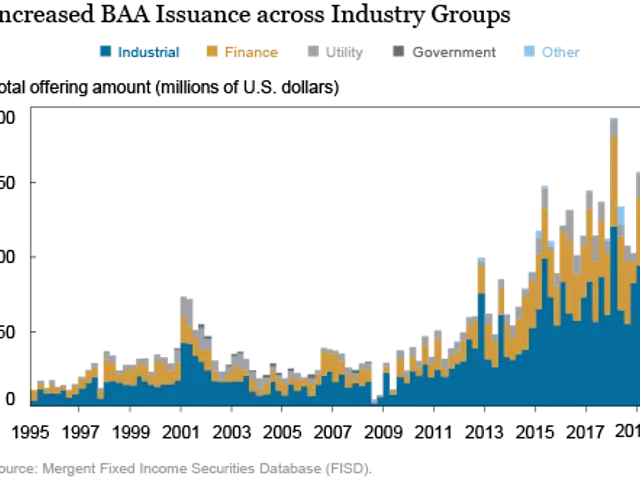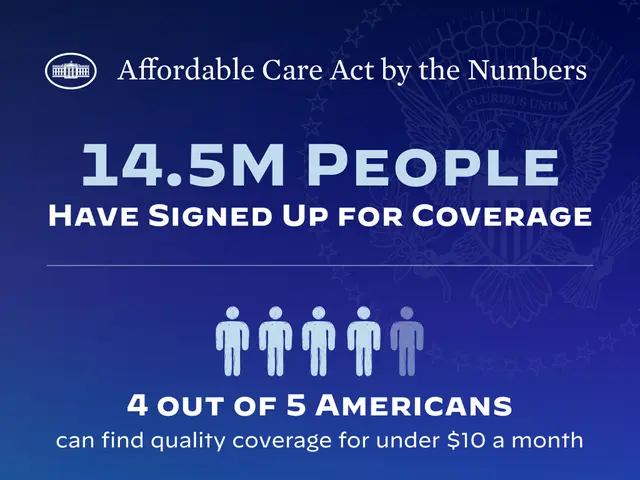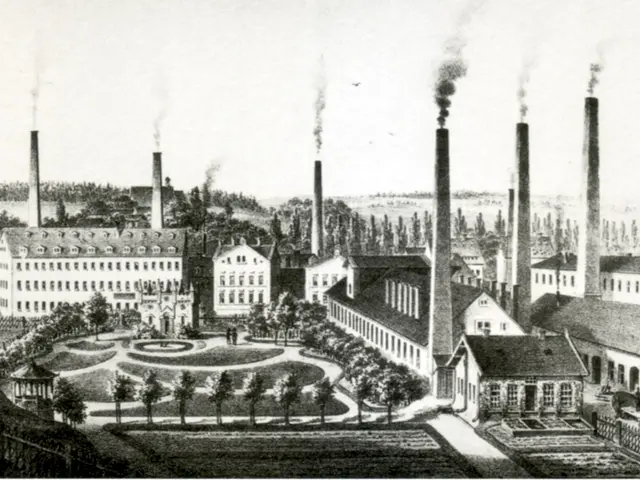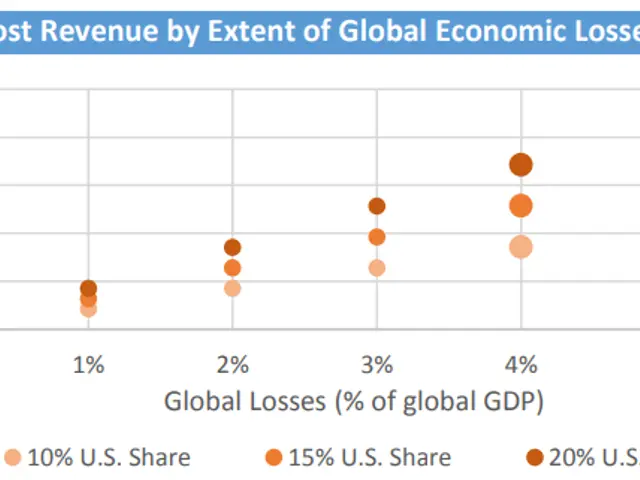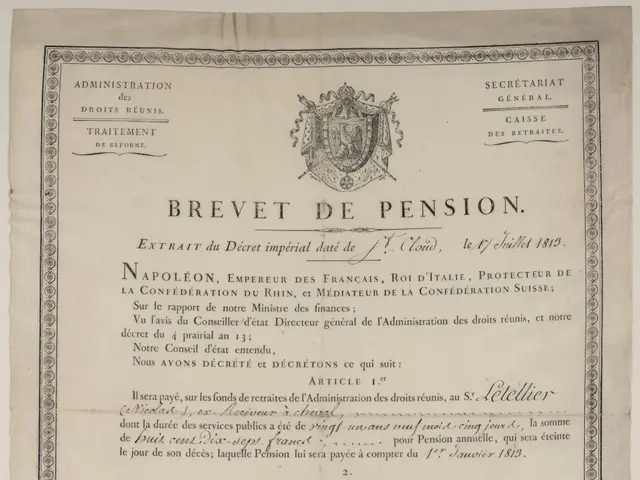A New Wind for Nukes: Minister of Economics Reiche Affirms acceptance of French Nuclear Power
Economy Minister Reiche acknowledges acceptance of French nuclear energy
Follow us on Facebook | Twitter | Whatsapp | Email | Print | Copy Link
In a surprising turn of events at an Organization for Economic Co-operation and Development (OECD) conference in Paris, Federal Minister of Economics, Katherina Reiche (CDU), voiced her optimism towards resolving the long-standing conflict with France over the EU's classification of nuclear power as a sustainable energy source. Reiche admitted that Germany acknowledges France's reliance on nuclear power, stating this recognition could lead to "common solutions when it comes to investing in new technologies."
When asked about funding existing nuclear systems, Reiche emphasized it's about acknowledging the difference in concepts between France and Germany for a carbon-free energy supply, rather than nurturing aged systems. Recent advocacy for a "technology-open" stance prompted her to voice her openness to supporting research on small modular reactors (SMR) from the EU budget. However, initial support from the Ministry of the Environment has been met with some inconsistencies regarding the final decision.
Historically, Germany had maintained a staunch opposition to France's request to classify nuclear energy as sustainable. The previous government's stance aimed to prevent nuclear power from being treated like renewable energies during funding allocation. Regrettably, this position couldn't be sustained in negotiations on a reform of the European electricity market.
Concerning the free trade agreement with South American Mercosur countries, which France refused, Reiche remained steadfast. "We can't even open the 20-year-old file," she said. Despite numerous unresolved issues regarding French agriculture, the goal is to close this agreement this year. Reiche also urged for a rapid resolution of the trade conflict with the USA. "Negotiating solutions are crucial," she said, "time is of the essence as we strive for prosperity, growth, and participation in opportunities."
[1] Farooq, Z. (2023). "Germany U-turn: New Government Changes Stance on Nuclear Power." Euractiv.[2] Hodson, M. (2023). "Nuclear power staging a comeback in Europe." Carbon Brief.[3] Schmidt-Effing, M., et al. (2023). "Avoiding a False Narrative: Europe's Hydrogene Economy Needs to be Strategic, Decarbonised, and Sustainable." Spiegel Online.[4] AFP. (2023). "Germany's Merz Govt Drops Long-Standing Opposition to Nuclear as Sustainable Energy." ntv.de.
- The minister's acceptance of French nuclear power could potentially open doors for new policy discussions in the renewable-energy industry, particularly surrounding investment in technologies like small modular reactors (SMR).
- In the realm of policy-and-legislation, the shift in Germany's stance on nuclear power could signal a move towards a technology-open approach, emphasizing research and development over the continued support of aging systems.
- The finance and politics of energy are in flux as the minister advocates for Europe to invest in nuclear power, with potential implications for the future of energy policy within the EU.
- In the general news, the renewable-energy industry is closely watching the developments between France and Germany, as their dialogue could set future trends in energy policy, influencing the path towards carbon-free energy supply for the industry.

